-
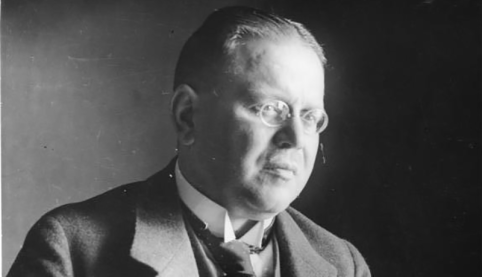
Erzberger: Negotiating the Armistice for Germany
Read now to access more details of Erzberger: Negotiating the Armistice for GermanyProfessor Annika Mombauer discusses the fate of Matthias Erzberger, the most hated man in post-war Germany.
-
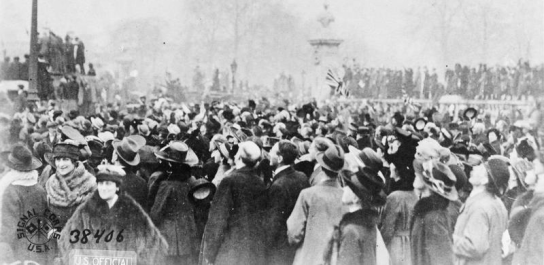
The Experience and Memory of 11 November 1918
Read now to access more details of The Experience and Memory of 11 November 1918Were the British people as jubilant as some newspapers depict on the day of the Armistice in 1918? Vincent Trott explores the mixed feelings at the end of the First World War.
-
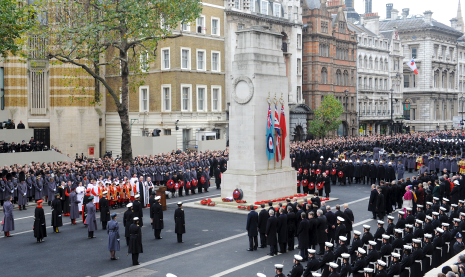
Why do we have a two minutes’ silence on 11th November?
Read now to access more details of Why do we have a two minutes’ silence on 11th November?Have you ever wondered where the two minutes' silence originated? Has the practice stayed unchanged since 1919? Find out here...
-
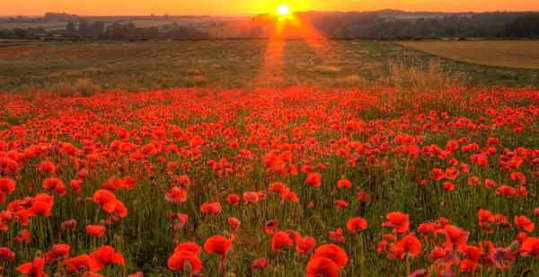
The Armistice in Fiction: Ford Madox Ford’s Parade’s End
Read now to access more details of The Armistice in Fiction: Ford Madox Ford’s Parade’s EndHow are celebration, silence and ambiguity used to depict the armistice in A Man Could Stand Up - volume 3 of Parade’s End by Ford Madox Ford?
-
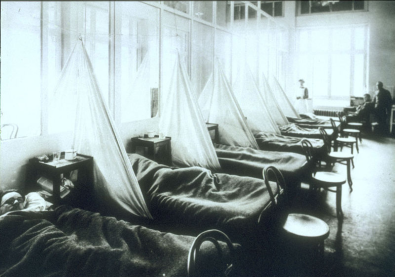
What was the impact of 'Spanish flu' on the armistice?
Read now to access more details of What was the impact of 'Spanish flu' on the armistice?Flu claimed a number of lives as the First World War was ending. This article taken from our Timewatch series explores how devestating the influenza outbreak really was...
-
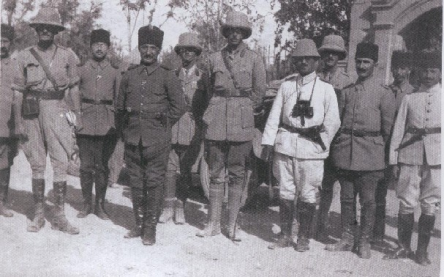
The First World War continues: Britain’s dash for Mosul, Iraq, November 1918
Read now to access more details of The First World War continues: Britain’s dash for Mosul, Iraq, November 1918After the armistice of 1918, why did the British occupy Mosul, Iraq? Dr John Slight looks at the continued hostilities in the Middle East after the guns fell silent on the Western Front.
-
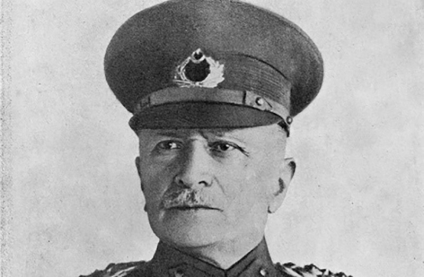
The First World War continues: Medina, Arabia, January 1919
Read now to access more details of The First World War continues: Medina, Arabia, January 1919When you think of the First World War, you may think of the Western Front or the dates 1914 - 1918, but did you know that this truly global war was still being fought in 1919 in the Middle East? Dr John Slight explains..
-
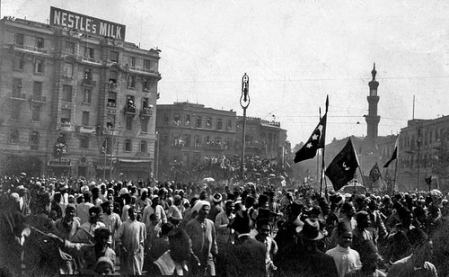
After the First World War: the 1919 Egyptian Revolution
Read now to access more details of After the First World War: the 1919 Egyptian RevolutionDespite British troops not leaving Egypt until the 1950s, the first Egyptian Revolution actually happened in 1919. Dr John Slight digs into the tensions that united the Egyptian people after the First World War...
-
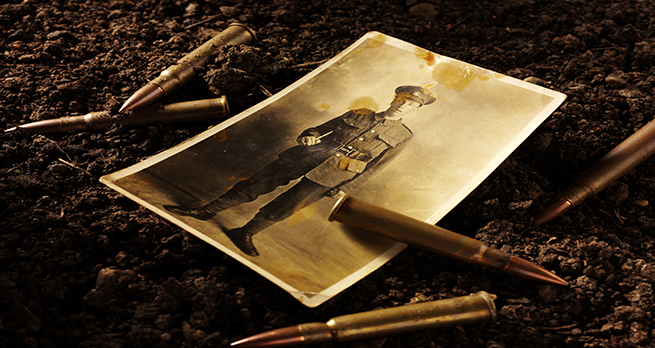
The First World War: trauma and memory
Learn more to access more details of The First World War: trauma and memoryIn this free course, The First World War: trauma and memory, you will study the subject of physical and mental trauma, its treatments and its representation. You will focus not only on the trauma experienced by combatants but also the effects of the First World War on civilian populations.
The origins of the First World War
Annika Mombauer from the British Library takes you through a series of articles exploring the factors and events that led Europe, and the world, to war.
-
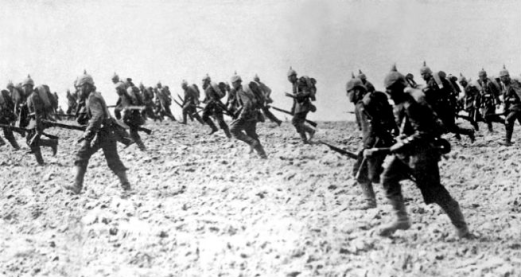
The origins of the First World War
Read now to access more details of The origins of the First World WarTake an in-depth look at how Europe ended up fighting a four-year war (1914-1918) on a global scale with this collection on the First World War.
Article
Level: 1 Introductory
Rate and Review
Rate this article
Review this article
Log into OpenLearn to leave reviews and join in the conversation.
Article reviews